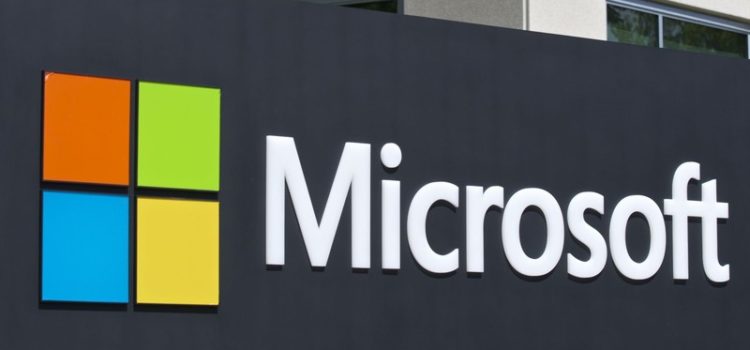


While the paint has barely dried on Windows 10, rumor has it that Microsoft has something up its sleeve. Synaptics, a company involved with AMD, has released a statement regarding their work on state-of-the-art biometric security measures. According to Synaptics’ press release, the system will be for use in “enterprise/commercial and consumer notebook PCs based on next-generation AMD Ryzen Mobile platform and Microsoft’s next-generation operating system.” Well, that’s pretty on-the-nose, huh?
New Operating System
Synaptics’ press release even mentions Windows Hello by name, calling the new OS a “forthcoming biometric security OS including Windows Hello”. This lends some credence to the idea that the upcoming system might be for use in handheld or tablet devices. Since personal home computers aren’t generally as unsecure as handheld devices, it would make sense if this new biometric-focused OS was for products like the Surface tablet.
This is all guesswork, of course, as there are no hard details from Microsoft. However, there are a few conclusions that can be rather definitively drawn. For one, Windows 10 hasn’t been out for very long, so it seems unlikely this new OS would be replacing it. Further, Microsoft has been fighting tooth and nail to break into the mobile market. Windows phones, the Surface line of tablets and the newest initiative, “Always-Connected PCs” are all evidence of that. It seems likely that this new OS would be aimed primarily at this market.
While Apple has perfected face-scanning biometric unlocking with the iPhone X, other companies are a bit behind schedule on that technology. Fingerprint scanners remain common, and for most cases, the most secure. However, some new smartphones have tried to experiment with face-unlocking, to hilariously mixed results. Notably, some Android phones have been unlocked by print-outs of their owners faces. Not exactly model security functions.
In fact, Microsoft’s own face-unlocking software, Windows Hello, was fooled by this exact same technique recently. As such, it makes sense that they’re working with Synaptics and AMD to shore up their security efforts.











No comments so far.
Be first to leave comment below.